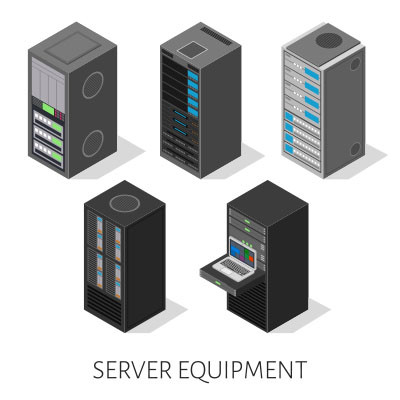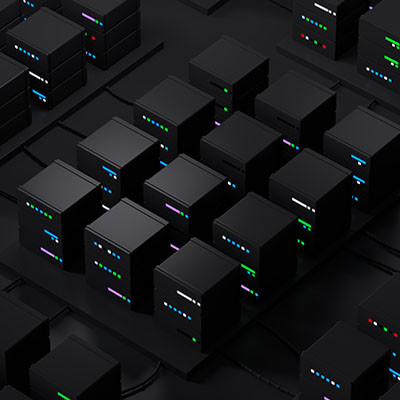Servers contribute a significant effort toward your computing infrastructure, so it makes sense that you want devices that can fulfill your needs with performance, reliability, and security. To get the most out of your server units, we like to recommend you consider the following six tips when choosing new server hardware.
Phantom Technology Solutions Blog
Are you sure that your business can control all of its data? Are you absolutely certain that it can be accessed when needed? Can you guarantee that it’s as secure as humanly possible, wherever it happens to be? You should be able to answer these questions with an unequivocal and resounding “yes,” yet central data management is far from a simple task.
Your business runs on its data, and without an infrastructure to support your operations, your productivity will be dead in the water. Most businesses choose to host their data on servers, and if you know anything about these complex pieces of machinery, you know that managing and maintaining them can be an involved process. Let’s go over some best practices to ensure you manage your server infrastructure appropriately.
Profitability is less the measure of being able to turn a profit, and more the measure of how much profit you can make. For the successful small business, the integration of technology can dictate what kind of annual margins you are looking at. For the new company, however, it can be something even more critical: the difference between setting a course for success, or wallowing in failure. Today we analyze the cost difference between hosting your IT in-house, or choosing to host it in the cloud.




